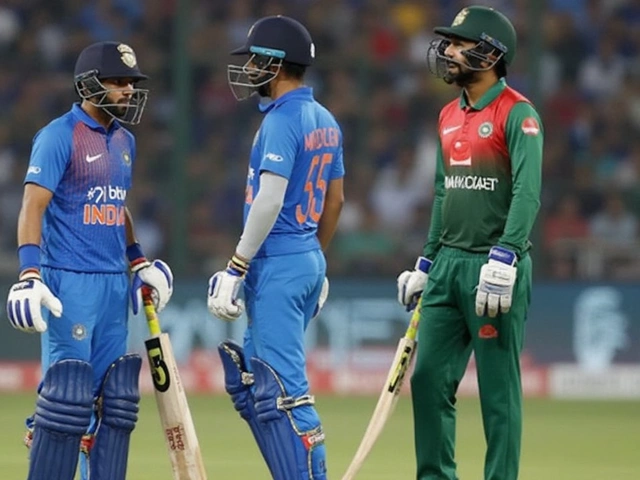Toxic Masculinity in Sports: What It Looks Like and Why It Matters
When you hear the word "masculinity" you might think of strength, competition, and confidence. Those traits can be great, but they turn toxic when they push athletes to ignore emotion, hide injury, or bully teammates. In the fast‑paced world of New York sports, this mindset can slip into practice drills, locker‑room jokes, and even coaching instructions. The result? Burnout, mental‑health struggles, and talent walking out the door.
Spotting the Signs on the Field and in the Locker Room
Coaches are the first line of defense. If you notice players bragging about "toughing it out" after a concussion, or teammates shaming anyone who shows vulnerability, you’re looking at red flags. Other clues include: a culture where criticism is always shouted, where failure is met with ridicule, and where the only acceptable response to pressure is aggression. These patterns don’t just affect individuals – they erode team cohesion and sabotage performance.
Practical Steps Coaches Can Take Today
Changing a deeply‑rooted mindset takes consistent effort, but you can start small. Begin every practice with a quick check‑in: ask players how they’re feeling, physically and mentally. Use simple language—"All good? Anything bothering you?" This simple habit signals that wellbeing matters as much as skill.
Next, model the behavior you want to see. When you admit you’re nervous before a big game, or when you ask for help adjusting a drill, you show that asking for support isn’t a weakness. Pair this with clear language that separates effort from aggression. Replace phrases like "play like a man" with "play with heart" or "stay focused".
Introduce structured feedback sessions. Instead of yelling in the heat of the moment, set aside five minutes after drills to discuss what worked and what didn’t. Encourage teammates to give each other constructive praise. This shifts the focus from dominance to improvement.
Education is a powerful tool. Bring in a sports psychologist for a short workshop on topics like emotional regulation, consent, and healthy competition. Even a 30‑minute session can spark conversation and give athletes vocabulary to express themselves.
Finally, watch the language on social media and in team chats. If a player posts a meme that mocks mental health, call it out quickly and explain why it hurts the team culture. Consistent accountability shows that toxic jokes have no place in your program.
Changing toxic masculinity isn’t about removing competitive spirit – it’s about channeling that energy into respect, resilience, and real confidence. When athletes feel safe to admit pain, ask questions, and support each other, they perform better on the court, field, or track.
At NY Sport Coaching Hub we believe every coach can be a catalyst for healthier sports culture. Start with one habit today, watch the ripple effect, and you’ll see stronger, happier athletes who stay in the game longer. Ready to make the change? Your team is counting on you.
Kieran Lockhart, Mar, 16 2025
Stephen Graham's 'Adolescence' Set for Netflix Debut on March 2025
Stephen Graham's gripping new Netflix drama, 'Adolescence,' examines the deeper issues of toxic masculinity and societal pressures influencing today's youth. Set to premiere on March 13, 2025, this four-part series will unfold in a unique one-take filming style, promising an intense and immersive viewing experience.
View More




